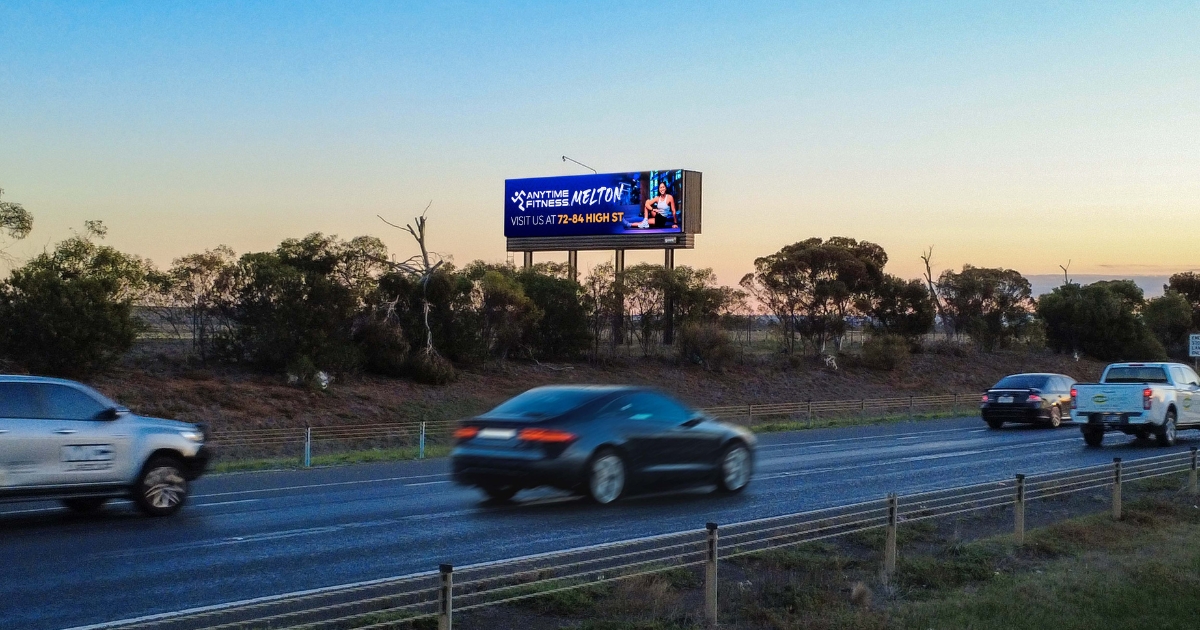Apollo Bay’s pest kelp stays put
PARKS Victoria is reporting no visible spread of Japanese kelp from Apollo Bay harbour, giving hope that control efforts, education and the natural health of the marine environment are containing the marine pest.
Following unconfirmed reports by local divers and fishermen, Parks Victoria conducted a thorough search at two locations outside of the harbour and reported no sightings of the noxious algae.
Japanese kelp, or undaria, is an invasive pest that can rapidly form dense underwater forests which overgrow native species.
It was discovered in Apollo Bay harbour in 2009, raising concerns about its potential to spread beyond, including to nearby Marengo Reefs Marine Sanctuary.
Apollo Bay harbour is the only known location outside of Melbourne’s Port Phillip in Victoria where this marine pest is found.
Parks Victoria marine pest project officer Jonathon Stevenson said diving at Marengo Reefs Marine Sanctuary was like “taking a tour through a botanic garden – the diversity of native seaweeds was stunning and there was no Japanese Kelp visible”.
“Sightings and reports from the community are invaluable to keeping our marine environments healthy, with early detection giving us the best chance of managing threatening species.
“Always wash vessels after use and ensure moored boats are anti-fouled regularly. These simple steps can significantly reduce the spread of this invasive pest beyond Apollo Bay and along our coastline.
“Pests like Japanese Kelp can compete with native algae for space and can lead to a loss of suitable habitat for a range of marine species.”
Parks Victoria is working with boating groups to raise awareness about Japanese Kelp, which can be spread by water vessels.
If you suspect you have seen a marine pest, report the location, date and time with a photograph of the sighting to [email protected].


















